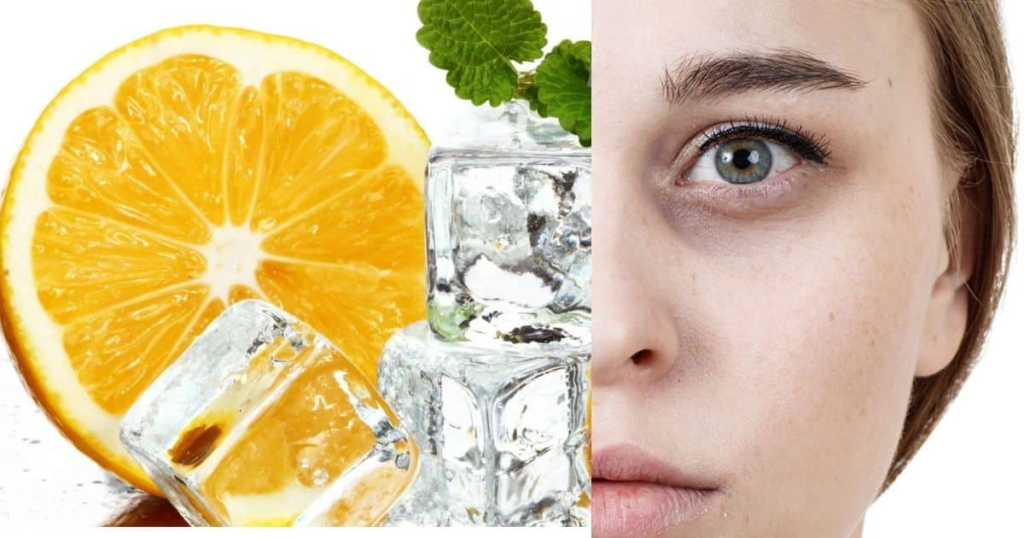Dark spots on the skin, often termed hyperpigmentation, can be a source of frustration for many. These spots, ranging from freckles and age spots to post-inflammatory marks, are typically the result of an overproduction of melanin in the skin. Melanin is the pigment that gives skin its colour, and when certain areas of the skin produce more melanin than usual, dark spots can appear. These causes vary, including sun exposure, hormonal influences, skin injuries, and inflammation. However, natural remedies like lemon juice are becoming increasingly popular due to their effectiveness and accessibility. wellhealthorganic.com/easily-remove-dark-spots-lemon-juice.

Understanding the Role of Lemon Juice in Skin Care
Lemon juice is hailed in many traditional and modern skincare practices for its rich vitamin C content and natural bleaching properties. Vitamin C is a potent antioxidant that helps repair damaged skin cells and fade dark spots. It inhibits the enzyme tyrosinase, which is crucial for melanin production, effectively reducing pigmentation.
But lemon juice offers more than just vitamin C. It contains citric acid, which exfoliates the top layer of dead skin cells to reveal fresher, lighter skin underneath. This process helps reduce the appearance of dark spots and contributes to a more even skin tone overall. Additionally, the natural astringent properties of lemon help tighten the pores, which can prevent further skin issues like acne – a common cause of post-inflammatory hyperpigmentation.
How to Use Lemon Juice for Removing Dark Spots
Using lemon juice to treat dark spots is relatively simple, but it requires consistency and care to avoid potential skin irritation. Here is a step-by-step guide on how to use lemon juice effectively:
- Preparation: Always start with a clean face. Use a gentle cleanser to remove dirt, oil, or makeup from your skin to ensure the lemon juice can penetrate effectively.
- Application: Apply fresh lemon juice to the dark spots using a cotton ball or a Q-tip. Be precise in application to avoid the surrounding skin areas, as lemon juice can dry.
- Duration: Leave the lemon juice on the affected areas for no more than 10 minutes. Prolonged exposure can irritate, especially for those with sensitive skin.
- Rinse: After the application, rinse off the lemon juice with lukewarm water. Pat your skin dry with a soft towel.
- Moisturize: Apply a hydrating moisturizer to replenish any moisture lost during the treatment. Lemon juice can be quite drying, so this step is crucial.
- Sun Protection: Lemon juice can make your skin more sensitive to the sun’s UV rays. Always apply a broad-spectrum sunscreen with an SPF of 30 or higher before going outdoors.

Precautions and Considerations
While lemon juice is effective for many, it is unsuitable for everyone. Here are some precautions to consider:
- Skin Sensitivity: If you have sensitive skin, dilute the lemon juice with water or a soothing agent like rosewater to mitigate potential irritation.
- Patch Test: Always perform a patch test on a small area of your skin before applying lemon juice to larger areas. This test will help you determine how your skin reacts to lemon juice.
- Frequency of Use: Limit lemon juice treatments to once or twice weekly. Overuse can lead to skin irritation and dryness.
Alternative Remedies and Supporting Treatments
If lemon juice is not suitable for your skin type, or if you’re looking for additional remedies, consider the following alternatives:
- Liquorice Extract: Known for its skin-brightening properties, liquorice extract is a safer option for sensitive skin.
- Vitamin C Serums: These are formulated specifically for facial skin and are less likely to irritate than lemon juice’s acidic nature.
- Chemical Peels: Professional treatments like chemical peels can effectively reduce hyperpigmentation. These are typically performed in a dermatologist’s office.

Conclusion
Natural remedies like lemon juice can be a cost-effective and accessible way to tackle the problem of dark spots. Careful use makes it possible to achieve more transparent, more radiant skin. However, it is essential to consider your skin type and consult a dermatologist if you have concerns about hyperpigmentation or other skin issues. You can maintain healthy and vibrant skin by combining natural treatments with professional advice.


